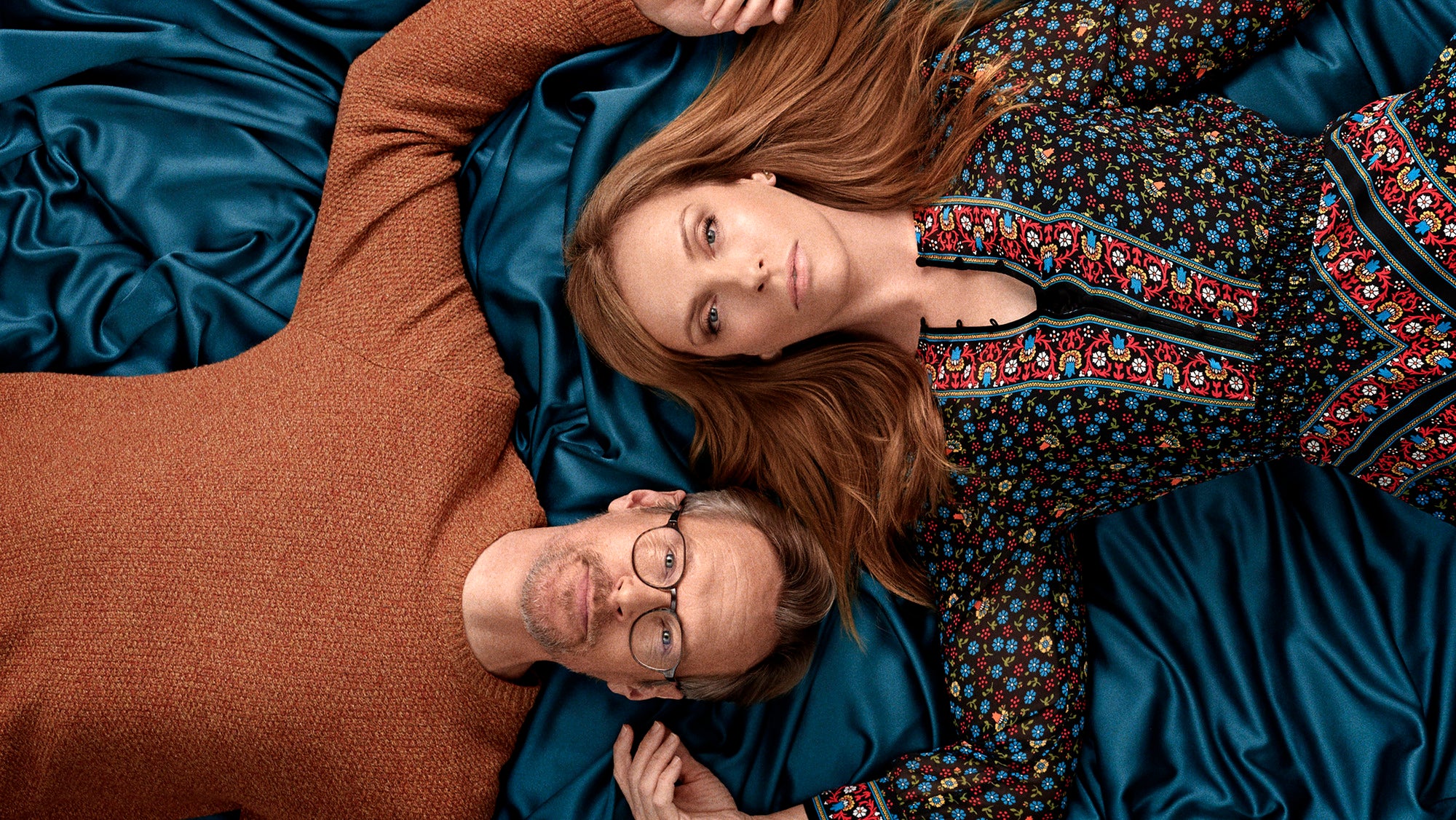Wanderlust, episode 4 review: The BBC show continues to be flawed, watchable, and occasionally profound
The sex scenes might have proven anti-climactic, but there’s still something quietly subversive about this charming, messy show, and its delightful myriad sub-plots

Wanderlust’s sex scenes – the subject of many scandalised mutterings before the show first aired – might have proven anti-climactic, but there’s still something quietly subversive about this charming, messy show.
Granted, the exploits of its central characters – Toni Collette’s Joy and Steven Mackintosh’s Alan, a middle-aged couple who decide to sleep with other people in an attempt to rejuvenate their sex life – are still as wearing as they are engaging, but there is enough emotional heft and stylistic charm to keep the whole thing afloat.
In tonight’s episode, a double date with Alan and Joy’s respective flings (surely a bad idea even in an open marriage) is a greater success than it had any right to be – but Alan’s increasingly strong feelings for his colleague Clare, played with subtle wit and an affected accent by Zawe Ashton, were not exactly part of the deal. Nor was Joy’s rekindled relationship with her childhood boyfriend, Lawrence, for whom she feels a mixture of nostalgia, pity and lust. Or maybe they were part of the deal – the pair never exactly got round to honing the fine print of their arrangement.
So far, the show’s exploration of non-monogamy has been subtly, non-judgementally handled – but it’s hard to see how the whole thing could end in anything but disaster. Besides, Alan’s frequent hypocritical outbursts, and the self-congratulating air with which he and Joy make increasingly bad decisions, makes it hard to root for either of them.
The myriad sub-plots, meanwhile, are an unexpected delight. An awkward, tentative spark between Alan and Joy’s grown-up daughter Naomi (a quietly charismatic Emma D’Arcy) and their 40-something, baking enthusiast neighbour Rita could have easily been either uncomfortable, or else soapy, but is explored with care and nuance.
That their teenage son Tom (Joe Hurst), meanwhile, is in love with his best friend Michelle (an extremely promising Isis Hainsworth) and not the cool girl he’s been crushing on from afar, is patently obvious from the start – but no less affecting for it. It helps that writer and creator Nick Payne, who based the series on his own play of the same name, clearly has respect for teenagers – too often they are portrayed as sullen, selfie-obsessed clichés – as well as a refreshingly acute ear for the way they talk.
When it comes to the adults, though, Payne’s commitment to absurdly fragmented speech patter can be vexing. “I feel like it would be remiss of me not to, if I didn’t, say to you, because if anyone has any questions about what it is that we’re doing, please do come and, because we’re really not…” says Joy, during an impromptu, “wildly inappropriate” speech to her husband’s colleagues at an Eighties-themed school fundraiser. It might be more true to life than a verbose soliloquy would have been, but it’s slightly infuriating to watch.
Four episodes in, Wanderlust continues to be flawed, watchable, and occasionally profound. Perhaps next episode, someone will finish a sentence.
Join our commenting forum
Join thought-provoking conversations, follow other Independent readers and see their replies
Comments
Bookmark popover
Removed from bookmarks